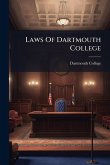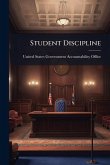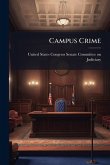"She hath done what she could: A Discourse addressed to the Ratepayers of St. Marylebone, urging the adoption of The Public Libraries Act, 1855" by Matthew Feilde offers a compelling glimpse into the pivotal debates surrounding the establishment of public libraries in Great Britain. This meticulously reproduced historical text provides a fascinating snapshot of the social and political landscape of the mid-19th century as communities grappled with the revolutionary concept of publicly funded libraries. Feilde's discourse, originally addressed to the ratepayers of St. Marylebone, passionately advocates for the adoption of the Public Libraries Act of 1855. Delve into the arguments for and against this landmark legislation, and understand the concerns and aspirations of a community on the cusp of embracing widespread literacy and access to knowledge. This book is an invaluable resource for anyone interested in library legislation, the history of public libraries, and the social sciences. It sheds light on the enduring importance of libraries as cornerstones of education and community. This work has been selected by scholars as being culturally important, and is part of the knowledge base of civilization as we know it. This work is in the public domain in the United States of America, and possibly other nations. Within the United States, you may freely copy and distribute this work, as no entity (individual or corporate) has a copyright on the body of the work. Scholars believe, and we concur, that this work is important enough to be preserved, reproduced, and made generally available to the public. We appreciate your support of the preservation process, and thank you for being an important part of keeping this knowledge alive and relevant.
Bitte wählen Sie Ihr Anliegen aus.
Rechnungen
Retourenschein anfordern
Bestellstatus
Storno









